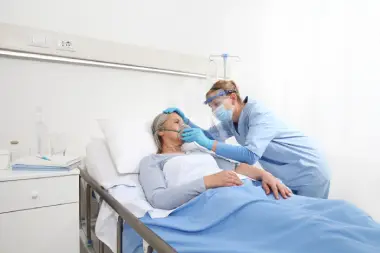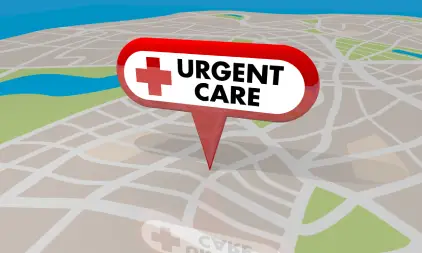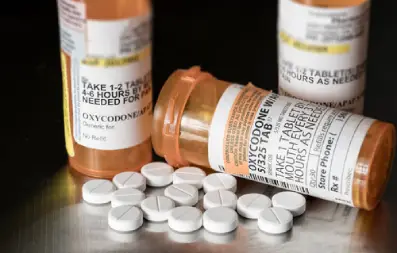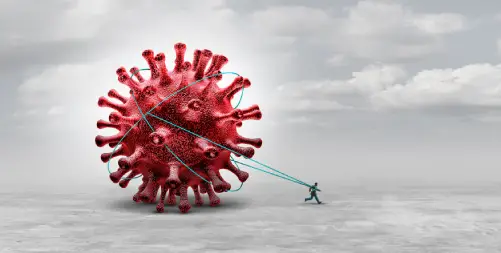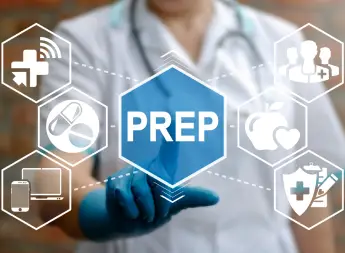As with all things related to COVID-19, early efforts to treat patients sufficiently to avoid hospitalization had the appearance of throwing the proverbial spaghetti at the wall to see what stuck. Over time, data started to illuminate which approaches offered the most promise. Now, with multiple states tracking a gradual uptick in both positive cases and hospitalizations as fall approaches, new research published in Reviews in Medical Virology supplements existing data showing that nirmatrelvir-ritonavir (Paxlovid) …
Read More